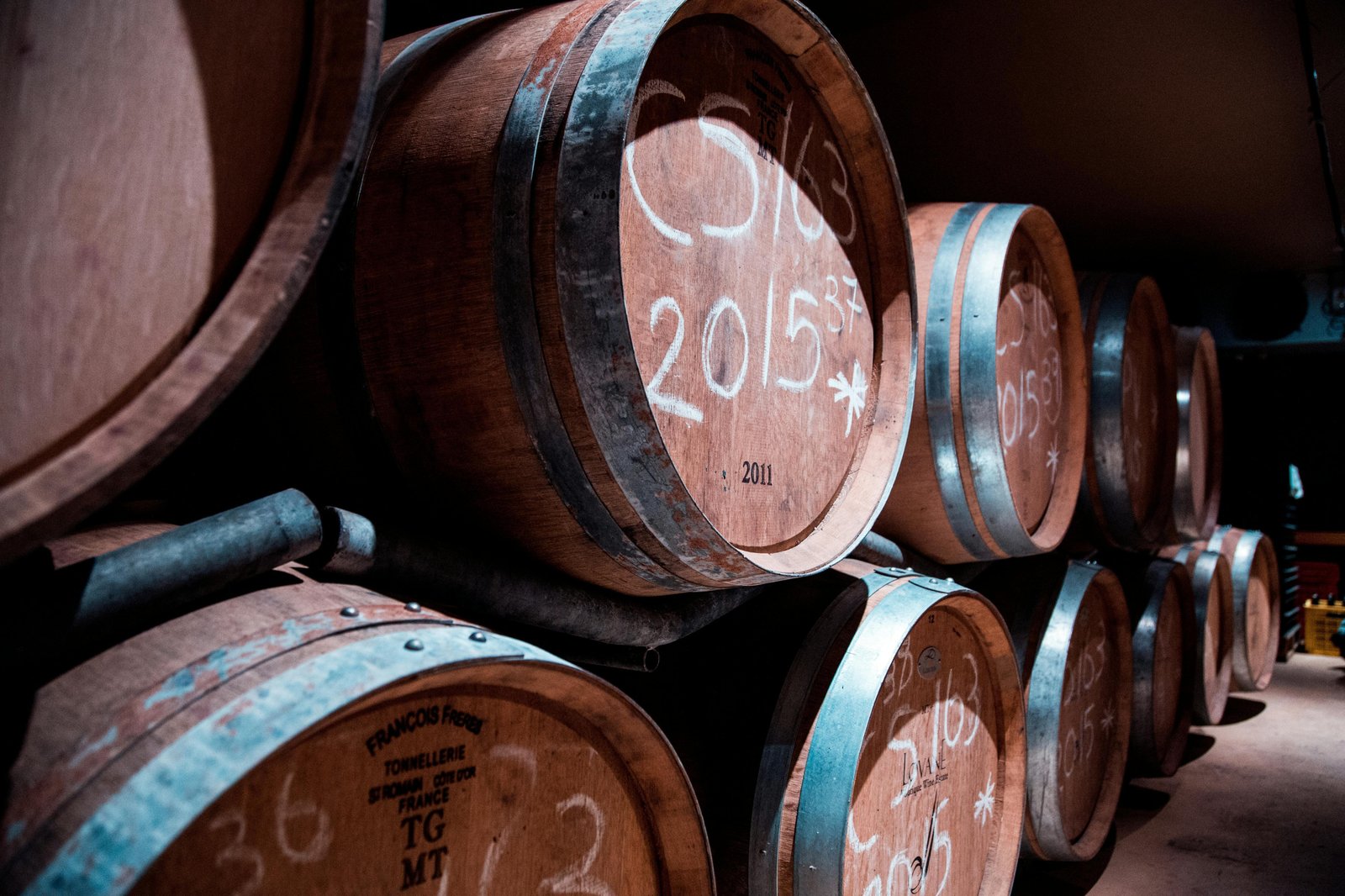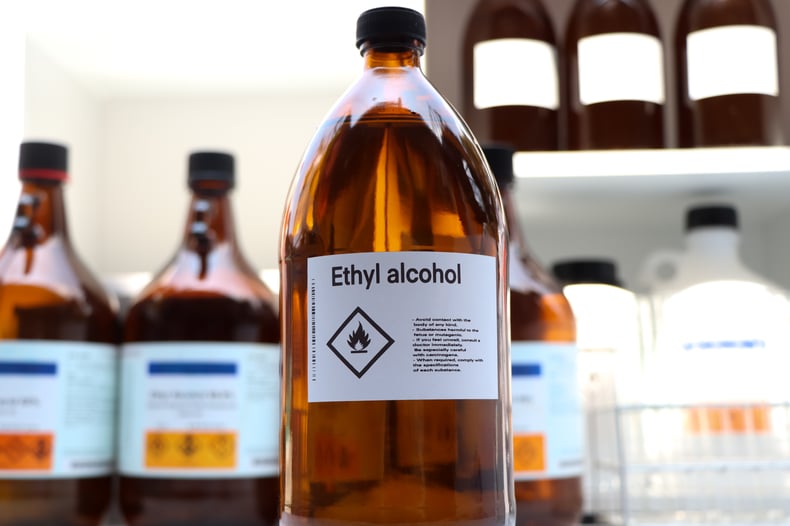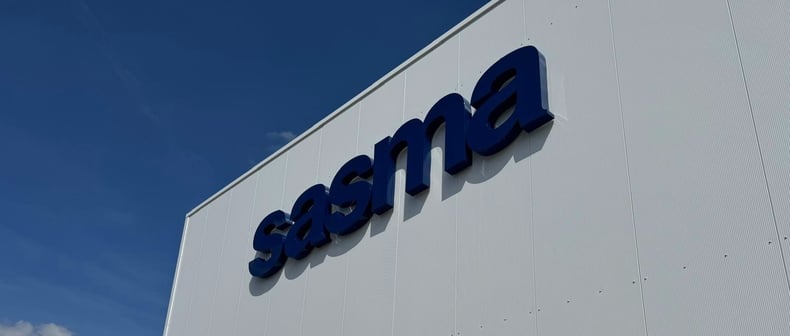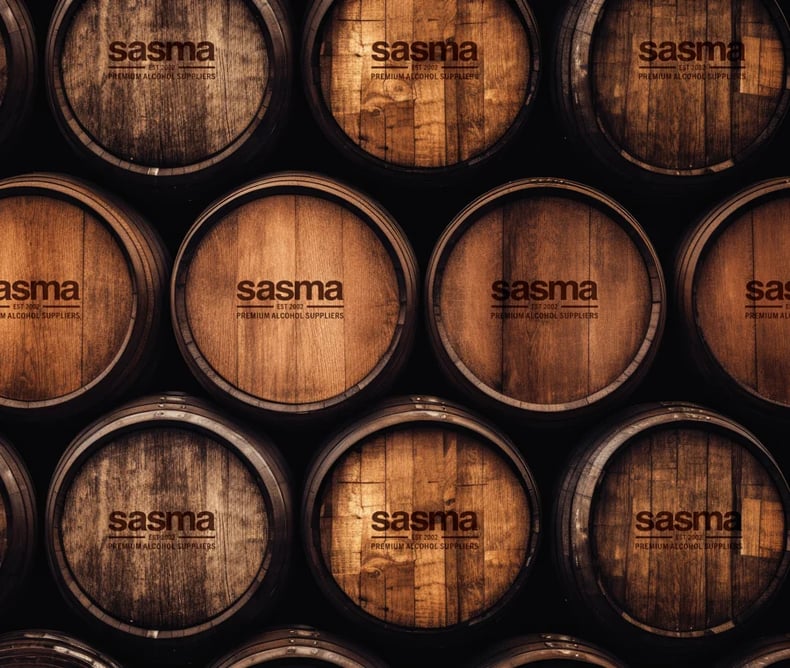
Trends and Growth in South Africa's Alcohol Market
The South African beverage alcohol industry has experienced robust growth in recent years, outpacing much of the broader consumer goods sector. Now valued at over USD $100 million, the market is undergoing a dynamic transformation fueled by industry consolidation, increased urbanisation, rising middle-class incomes, and a growing demand for premium products.
From the well-established beer and wine segments to the rapidly expanding ready-to-drink (RTD) and spirits categories, evolving consumer preferences are reshaping the competitive landscape. Strategic acquisitions and changing lifestyle habits continue to accelerate this shift, with the South African market expected to grow at a compound annual growth rate (CAGR) of 11.3% from 2024 to 2030, reaching a projected value of over USD $174 million by 2030.
Read on as we explore the key trends shaping South Africa’s alcohol industry and offer insights into the future of consumption in one of Africa’s most vibrant and fast-evolving beverage markets.
Shifting Demographics and Consumer Preferences
Growing Middle Class and Urbanisation
The expansion of South Africa's middle class, particularly in major urban centers, has significantly contributed to the alcohol industry's growth. This demographic shift has led to increased demand for premium alcohol products as middle-class consumers prioritise social status and global trends. This is particularly evident in major cities like Johannesburg and Cape Town, where consumers increasingly seek out premium drinking experiences.
Sustainability and Quality
Consumers are increasingly placing importance on sustainability, quality, and ethical production in their alcohol choices. This trend has led to a rise in popularity of locally crafted options and brands that demonstrate eco-friendly and community-supporting practices.
The RTD Explosion
While beer remains the dominant force in the South African alcohol industry, ready-to-drink (RTD) beverages have seen explosive growth in recent years, especially among young consumers who prefer the convenience of pre-mixed cocktails. This trend has created a surge in the consumption of session-able RTDs, particularly hard seltzer, which has emerged as the most lucrative segment within this category.
The Future Outlook for South Africa's Alcohol Market
Economic Challenges and Opportunities
The future of the alcohol industry in South Africa faces both challenges and opportunities. Economic uncertainty continues to be a significant factor, with high inflation rates pressuring consumer purchasing power. This economic backdrop has led to a trend of consumers trading down to more affordable alcohol brands, impacting producers' bottom lines.
Excise tax increases also remain a concern for the industry, potentially further squeezing profit margins and influencing consumer behavior. However, the market is resilient, with projections indicating steady growth in the coming years.
Industry Consolidation: The Heineken Distell Acquisition
The alcohol industry in South Africa is undergoing significant changes, with major players vying for dominance. Currently, three foreign-owned companies—Diageo, SAB, and Heineken—account for approximately 85% of the market value. This concentration of power has been further intensified by Heineken's recent $2.4 billion acquisition of Distell Group Holdings.
The consolidation trend is likely to have far-reaching effects on the alcohol industry in South Africa. While it may lead to increased efficiency and potentially lower consumer prices, it also raises concerns about market competition. As the industry landscape evolves, smaller local producers may face challenges competing with these multinational giants. However, this shift could also spur innovation and niche market development as smaller players seek to differentiate themselves in an increasingly consolidated market.
Positioning for Growth in a Changing Beverage Landscape
As South Africa's alcohol market continues to evolve, it presents a mix of challenges and opportunities for industry players. A rising middle class, shifting consumer preferences, and ongoing strategic acquisitions are reshaping the competitive landscape. While beer and wine remain dominant, spirits and RTDs are rapidly gaining momentum. To stay ahead, successful producers will need to innovate its flavors and packaging to meet evolving tastes, and while economic uncertainties persist, the overall trajectory points towards growth. Increased industry consolidation may further transform competitive dynamics, opening the door for new partnerships and efficiencies. By staying attuned to these trends, businesses can position themselves to capitalize on what is set to be an exciting and transformative era for South Africa’s beverage alcohol industry.
Get Started with Sasma BV: From Neutral Alcohol to Ready-to-Bottle Spirits
As one of the world’s largest independently owned suppliers of bulk premium alcohol, bulk organic alcohol, and bulk spirits, we are committed to delivering the best. Whether you’re looking for ready-to-bottle spirits or neutral alcohol to use as a base in production, our team is here to provide expert guidance every step of the way.
Get in touch with us to learn more about our products and services.
Related articles
-

Meet Sasma’s New Warehouse Manager in Halsteren
Mark shares his background, his vision for safe & efficient operations, and how Halsteren will serve as a natural...Read more -

Is Ethyl Alcohol Halal?
Ethyl alcohol is widely used acrossmany supply chains, where it primarily serves as a functional ingredient rather than...Read more -

Sasma 2025 Year in Review
As we close out Q3, we share the key developments shaping our industry: global trade agreements & tariff shifts,...Read more -

Sasma Halsteren Facility On Track To Open April 2026
Sasma’s new Halsteren warehouse is progressing as planned, marking a significant investment in our long-term...Read more -

Exploring Bulk Whisky with Sasma: Quality, Customization, & Expertise
Understanding the factors shaping bulk alcohol pricing is crucial. Learn how raw materials, production processes, and...Read more -
.jpg?width=790&height=980&name=sasma-apr25-websize-366%20(1).jpg)
What Is A CAS Number and Why Is It Important?
Quality at Sasma more than a standard we adhere to. we're suppliers of bulk spirits & alcohol, from sourcing and...Read more

